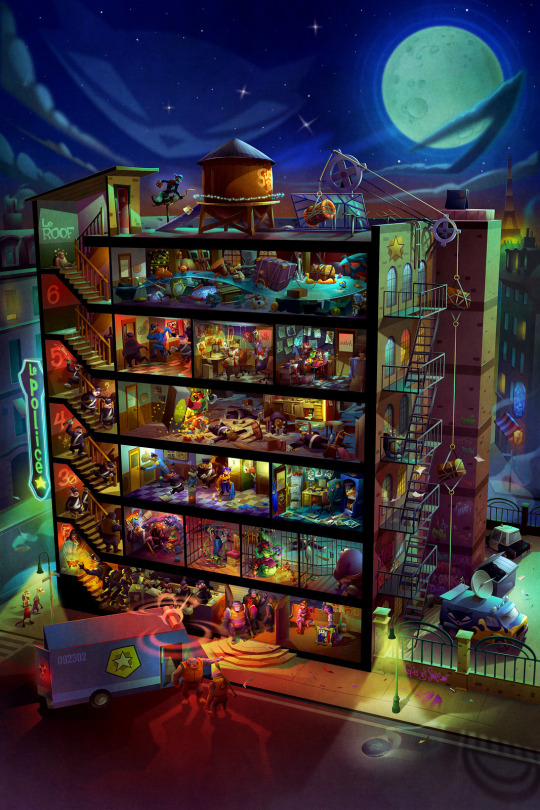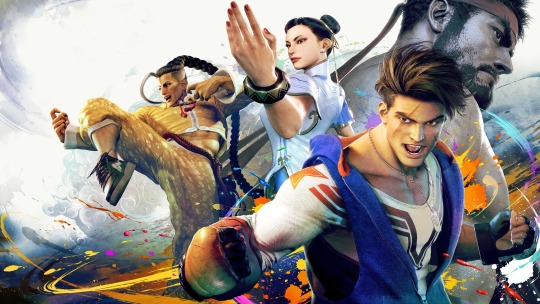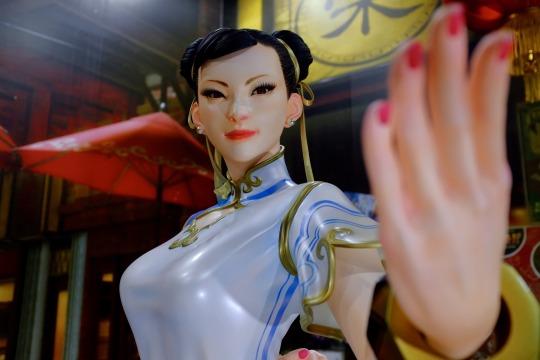Don't wanna be here? Send us removal request.
Text
The Last of Us (2013)
The last video game review I wrote before taking on a "professional" (read: dull) career. Fixed up some language and poor wording. Enjoy!

In the aftermath of a pandemic outbreak that turns infected individuals into crazed, zombie-like creatures, survivors fight for resources in a barren, post-apocalyptic landscape. Joel, a reserved and violent man, is hired to smuggle fourteen-year-old Ellie out of Boston.
Creating believable characters takes real craftmanship in any type of fiction. Characters who have never existed—and never will—but who possess an inexhaustible depth and manage to evoke sympathy and empathy despite absurd circumstances. The Last of Us is a milestone in this regard. The bond you develop with the protagonists Joel and Ellie is so strong that it breaks down barriers between you as the player, observer and audience, and the binary codes that make up the digital avatars on-screen.
The opening scene is a brilliant example of this. Depicting life-changing events from another person’s perspective within just a few minutes is a challenging task when the aim is to build empathy. Far too often, character motivations in narrative-driven games are explained too rapid in condensed and hurried scenes. However, the exposition here—introducing Joel in the early stages of the apocalypse—is exceptionally elegant, masterfully executed, and profoundly atmospheric.
“It’s got everything to do with that little girl”
It is, however, Ellie (wonderfully voiced by Ashley Johnson) who will be remembered for one of the most impressive performances the gaming medium has seen to date. While arguably inspired by Elliot Page’s character in Juno, the quick-witted Ellie carves out a personality that is entirely her own—a personality that oscillates between mischievous precociousness and a maturity far beyond her years.
Ellie manages to be strong, brave, charming, and intelligent without relying on sexual tropes. Where Lara Croft’s emotional interaction often hinged on physical attraction, Ellie’s appeal in The Last of Us lies in her intellect. The platonic chemistry between her and the father figure Joel (expertly voiced by Troy Baker) rivals the quality of both cinema and theater.
Some might find it odd to discuss acting performances in video games, where the video game player’s role as both performer and navigator should arguably take center stage. This may, in fact, be The Last of Us’ greatest drawback. The game’s mechanics and systems primarily support its cinematic elements, and unfortunately not its gameplay to the same degree.

The way you navigate through the environments in The Last of Us relies on a simplified version of survival horror genre tropes, with carefully maintaining limited resources during combat. Joel has access to a handful of pistols, rifles, and melee weapons, but ammunition is scarce, and melee weapons break easily. Many encounters can be avoided, but during the game’s early hours, your clumsy stealth attempts are seemingly designed to fail.
The fungal zombies primarily attack by overwhelming you, leaving little room for strategy and focusing more on raw reflexes. It’s borderline frustrating to have to flee or run away from most confrontations because of the lack of options. Later in the game, other and more interesting enemy types emerge, while you slowly begin to master the weapons and survival techniques available to you. The brutal violence in The Last of Us is reminiscent of the intensity found in the recent reboot of Tomb Raider (2013).
To ease the challenges, you are given the ability to “see” through walls by concentrating your hearing—a feature that feels only moderately justified within the game’s diegesis. Overall, however, the combat mechanics feel somewhat underdeveloped and shallow, even if they serve as a suitable accompaniment to the bleak, post-apocalyptic setting.
Ellie occasionally helps and reacts believably to the brutality of the situations, but she doesn’t like you any less if you opt to meet thieves and murderers with a Molotov cocktail instead of sneaking past them. Thankfully, there are extended quiet periods where you are relatively safe from attacks, allowing you to scavenge for supplies and explore, often rewarded with additional dialogue between Joel and Ellie.
“After all we’ve been through, everything that I’ve done, it can’t be for nothing”
The Last of Us is an exceptionally polished game. It’s as though you can hear the PlayStation 3 console groaning under the weight of Naughty Dog’s ambitions. The animations—Joel and Ellie’s movements and interactions within their surroundings—are so fluid, context-sensitive, and realistic that you could be forgiven for thinking it’s all running on autopilot.
The transitions between interactive and cinematic sequences are seamless, ensuring the player’s immersion is never broken. Seasonal title cards are the only interruptions to the narrative flow. Gustavo Santaolalla of Babel (2006) fame contributes a subtle, melancholic soundtrack that tugs at the heartstrings during the most emotional moments.

The game’s strongest moments often occur when exploring abandoned houses and apartments, discovering remnants of children’s rooms filled with toys, teddy bears, and posters of pop stars. These evoke an immediate melancholy. The empty children’s rooms also play a significant role in the narrative, deepening the psychological portrayal of the characters.
The story bears similarities to the dystopian The Road and other characters from Cormac McCarthy’s works. The narrative is quite linear without major twists, but by the end, it becomes clear that the focus is on the characters’ internal journeys rather than the overarching plot. The ending may divide audiences, but any debates will likely center on moral questions rather than the story’s quality.
Compared to the Uncharted series, The Last of Us is undeniably more humorless than Nathan Drake’s Indiana Jones-style escapades. One could argue that The Last of Us, with onlu its partially competent gameplay mechanics and acting-heavy presentation, aspires more to be a film than a game—a criticism not unfamiliar to the Uncharted series. Nevertheless, The Last of Us fills me with an indescribable awe: I can’t remember the last time I was so deeply engrossed in a fictional story and its characters. Joel and Ellie linger in my thoughts long after I’ve set down the controller.
This is undoubtedly Naughty Dog’s best work to date.
1 note
·
View note
Text

Looking forward to the anime of Sakuna. Quite enjoyed the art style!
0 notes
Text
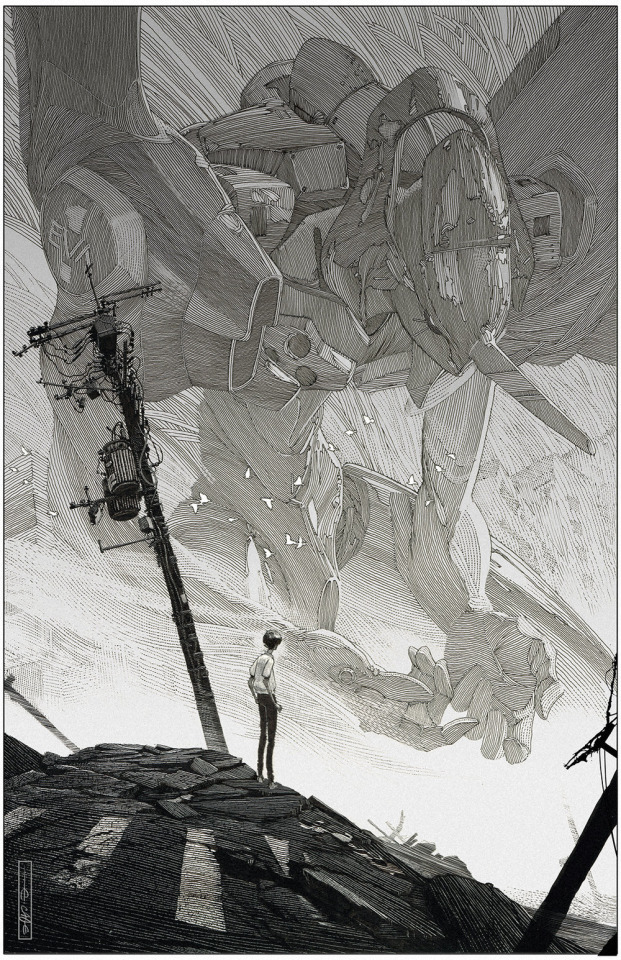
Neon Genesis Evangelion by Evan Cagle
4 notes
·
View notes
Text
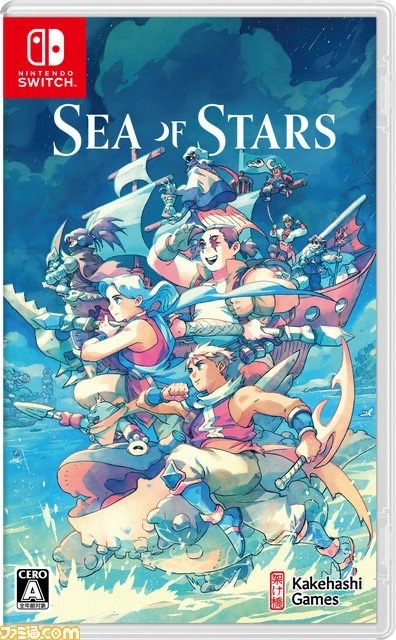
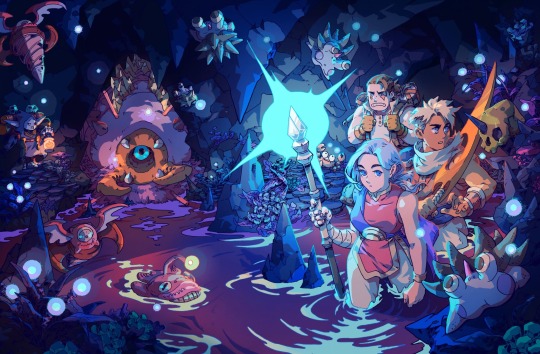
Sea of Stars official art is beautiful!
10 notes
·
View notes
Text
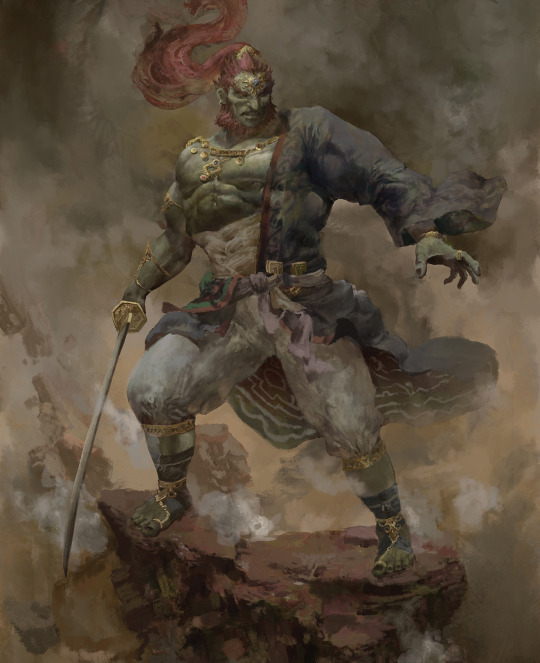
Such a hot bad guy (by Christian Angel)
#ganondorf#tears of the kingdom ganon#ganon#nintendo#the legend of zelda#tears of the kingdom#christian angel
244 notes
·
View notes
Photo
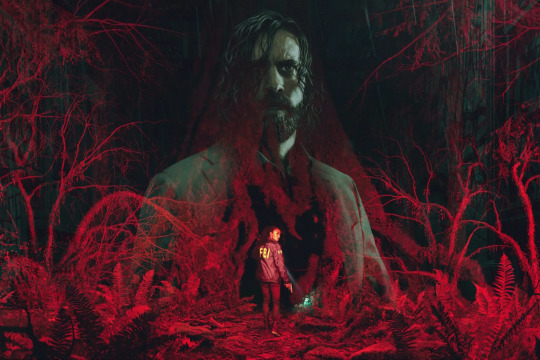
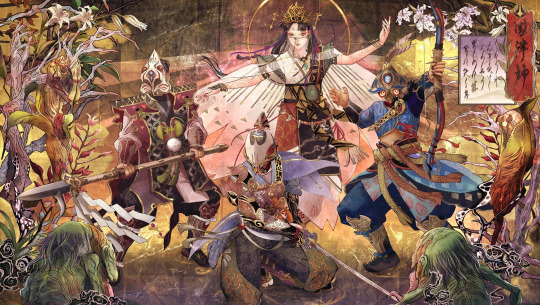
My favorite games from Not-E3 2023
3 notes
·
View notes
Text
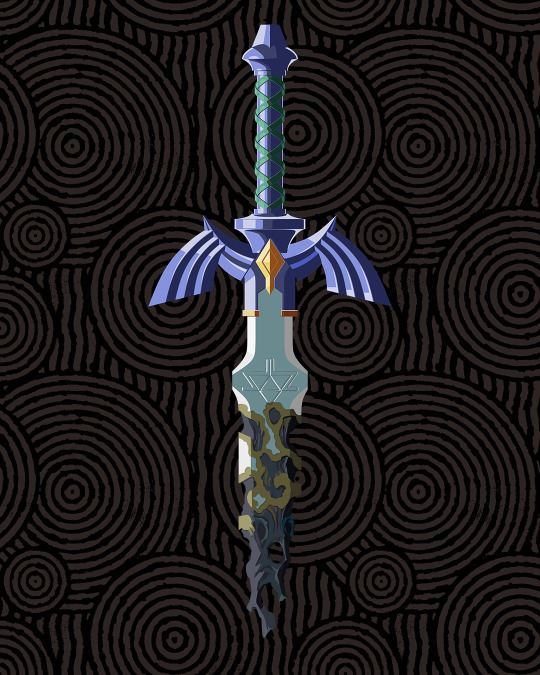
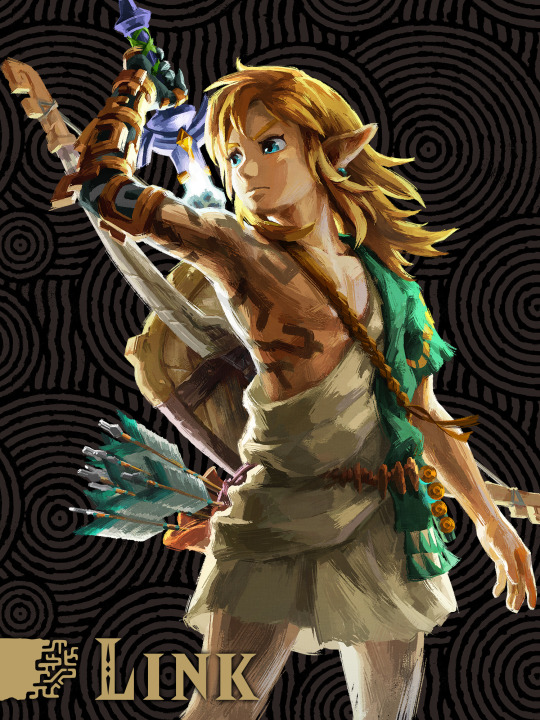


Key art from Tears of the Kingdom is beautiful 🤩
19 notes
·
View notes
Text
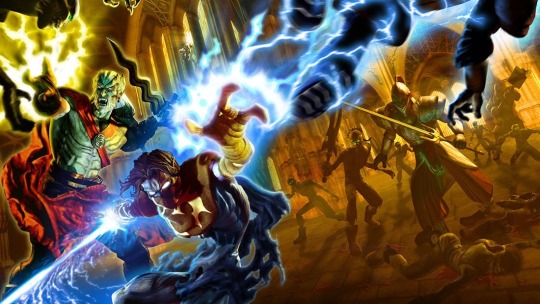
Reminiscing about Soul Reaver and Legacy of Kain
4 notes
·
View notes
Text


Our Universe is something else
1 note
·
View note
Text
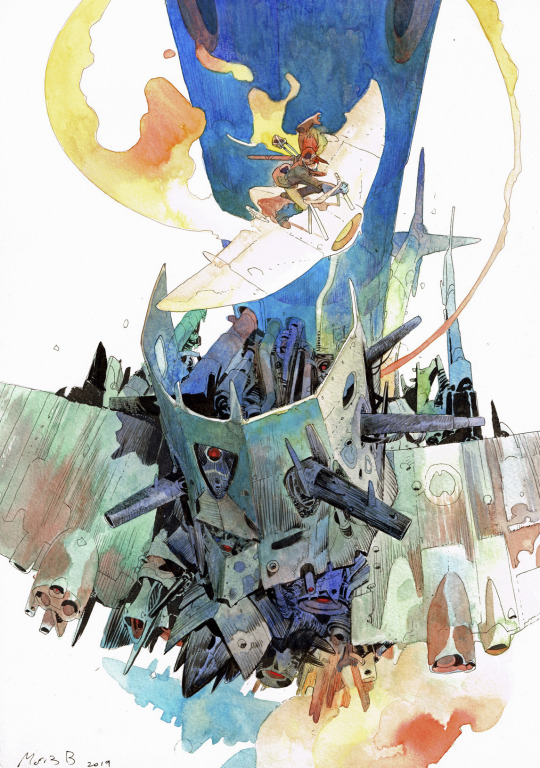
Star comic book drawer Matias Bergara draws Nausicaa
109 notes
·
View notes




